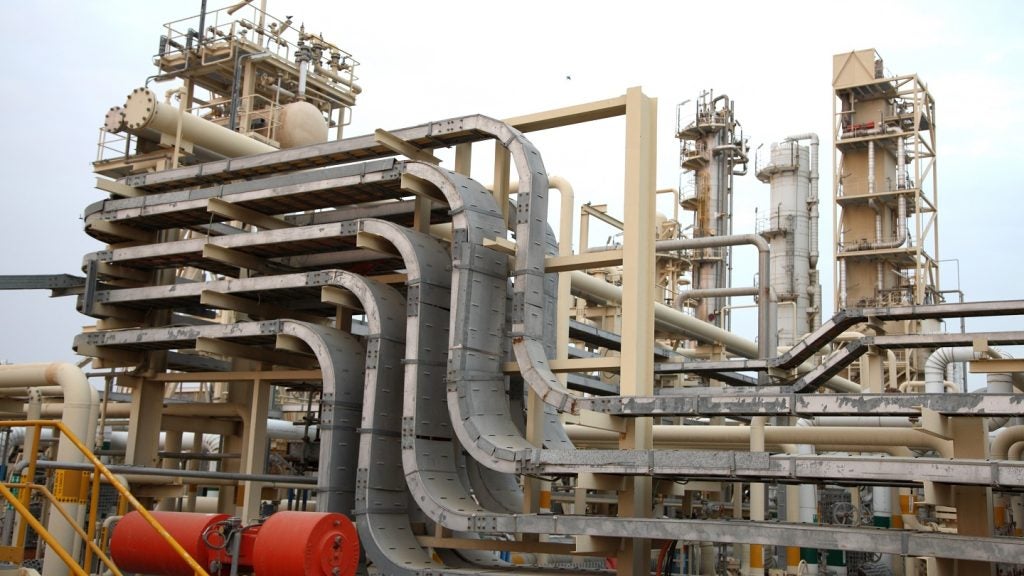The Dangote Refinery has urged the Nigerian Upstream Petroleum Regulatory Commission (NUPRC) to enforce the Domestic Crude Supply Obligation (DCSO), reported Reuters.
The DCSO is a legal requirement for crude oil producers to allocate part of their output to domestic refineries.
This call comes as the refinery faces challenges securing sufficient crude supplies, which is increasing its operational costs.
The 650,000-barrel-per-day (bpd) capacity refinery, constructed by one of Africa's wealthiest individuals, Aliko Dangote, on the outskirts of Lagos for $20bn, has been grappling with obtaining adequate crude oil from Nigeria.
Nigeria's oil production has been hindered by vandalism and insufficient investment, affecting the refinery's operations since its launch.
In a statement, Dangote Refinery criticised the NUPRC for not upholding the DCSO, highlighting that it expected to receive 15 cargoes in September, but the Nigerian National Petroleum Corporation (NNPC) had allocated only six.
A Dangote Refinery spokesperson said: “Our concern has always been that the NUPRC is pushing, but the international oil companies are not following the instructions. Consequently, we often purchase the same Nigerian crude from international traders at an additional $3-$4 premium per barrel which translates to $3-$4m per cargo.”
According to regulator data, the refinery requires 325,000bpd but has received nearly half since it began operations in January.
The NUPRC responded by citing operational challenges faced by some producers and existing contracts with oil traders, which financed drilling, as reasons why enforcing increased supply could breach agreements.
The DCSO, established by the 2021 Petroleum Industry Act, has been challenging to enforce due to declining oil production and the NNPC's reliance on crude-backed loans.
Additionally, the Dangote Refinery has been embroiled in a dispute with the downstream regulator regarding fuel imports, adding to its struggles in a competitive market.
Last month, Nigerian lawmakers initiated an inquiry into the scarcity of crude for local refineries and the importation of substandard fuels.









